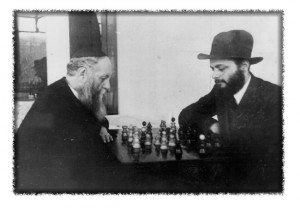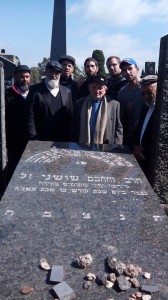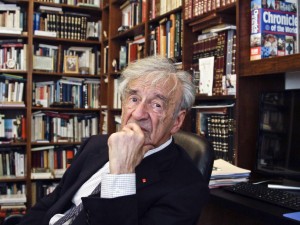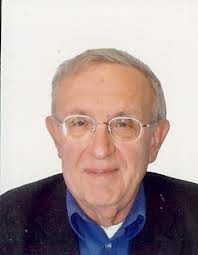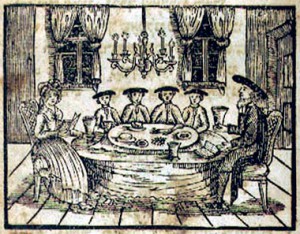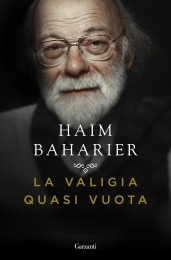בויקיפדיה כתוב שהרמ”מ מליובאוויטש זצ”ל השתתף בשיעורים שמסר מר שושני על ספר “נפש החיים” להגר”ח מוולאזין זיע”א בפאריס.
במסורת חב”ד אין אף אזכור לעובדה שהאדמו”ר מליובאוויטש זצ”ל השתתף בשיעוריו, מאידך, בספר ‘ימי מלך’ (תשנ”א. ח”ב עמ’ 958) מביא מהרה”ח ר’ אהרן מרדכי שיחי’ זילברשטרום את המעשה הבא:
“באותה תקופה הסתובב בפריז יהודי ‘מוזר’ מאד בשם שושני שלא לחינם דבק בו הכינוי “החידה של המאה העשרים”. הוא היה בעל קומה בינונית, בקי בש”ס וראשונים על-פה. ‘בעלי שמועה’ סיפרו גם על בקיאותו בספרי-קבלה. לא גידל זקן. מעולם לא היה מעיין בספר. יודעי בר סיפרו שחדשים לבקרים הוא נוהג להחליף את שמו. פעם הזדמן לי, לפגוש ביהודי ‘מוזר’ זה משוחח בבית הכנסת אחר התפלה עם הרבי כשהם מהלכים הלוך ושוב (אגב, כשם שבחייו היה מוזר, כך בפטירתו היתה בנסיבות מוזרות בדרום-אמריקה בשנת תשח”י, כפי שנודע לי אחר-כך). הוא היה ‘טיפוס’ שלא מצא ענין לשוחח עם אנשים מן השורה, שלא היו ברי-שיחה מתאימים לפי ערו”.